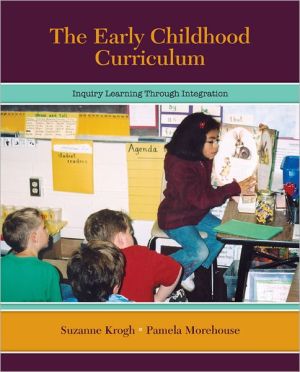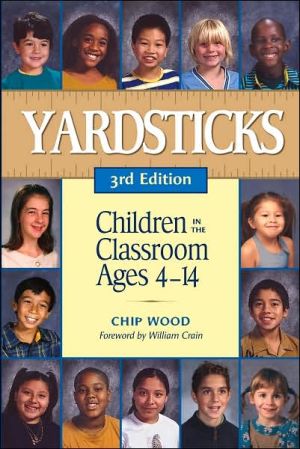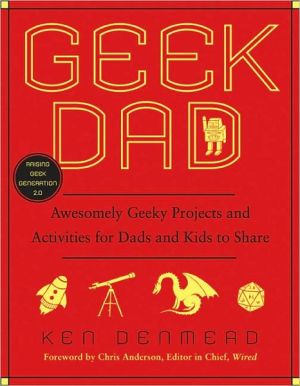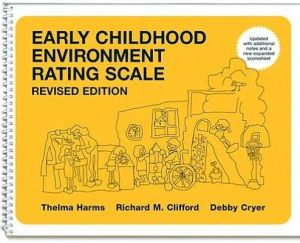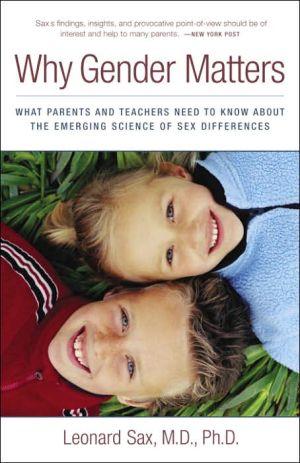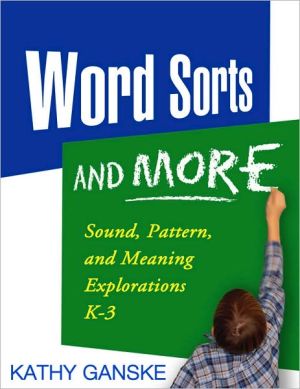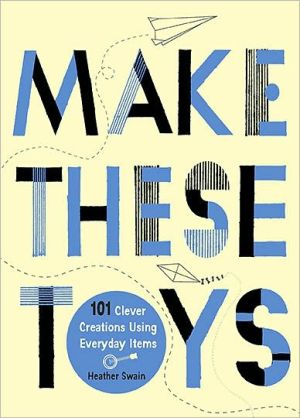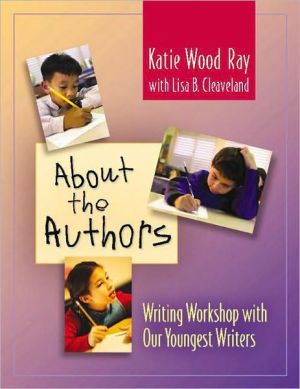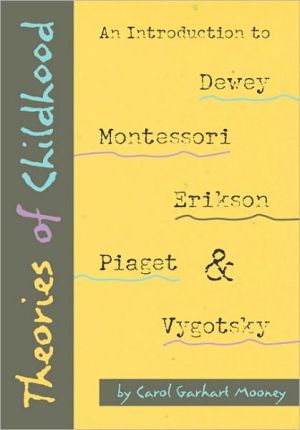The Early Childhood Curriculum: Inquiry Learning Through Integration
Designed for courses in early childhood curriculum, Krogh and Morehouse offers detailed instruction on making an inquiry and integration approach to early education work. Part One provides a foundation in theory, philosophy, research, and child development—the knowledge future teachers will need to create effective curriculum on their own. Part Two present an entire chapter devoted to each major curriculum area, organized around the standards developed by the relevant national association....
Search in google:
Designed for courses in early childhood curriculum, Krogh and Morehouse offers detailed instruction on making an inquiry and integration approach to early education work. Part One provides a foundation in theory, philosophy, research, and child development—the knowledge future teachers will need to create effective curriculum on their own. Part Two present an entire chapter devoted to each major curriculum area, organized around the standards developed by the relevant national association. The “how to” format and inclusion of actual classroom projects and artifacts make this a truly practical and engaging text.
Part One: Inquiry-Based Learning and Curriculum Integration--An OverviewChapter One: An Introduction to Curriculum Integration and Inquiry LearningA Brief HistoryDeeper Into the TheoriesHow Theory and Philosophy Influence the ProfessionTo Discuss, To DoReferencesChapter Two: The Child-Centered Learning EnvironmentEnvironmental ExtremesThe Physical EnvironmentThe Social/Emotional EnvironmentTo Discuss, To DoReferencesChapter Three: Assessments and StandardsA Brief HistoryInquiry, Integrated Learning, and High Test ScoresThe Part That Standards PlayWays to Assess Children's Progress in Meeting StandardsTo Discuss, To DoReferencesChapter Four: Connecting Curricula Through Themes and UnitsWeaving the WebUsing Themes to Connect CurriculaWhy Curriculum WebsConnecting the Curricula with UnitsTo Discuss, To DoReferencesChapter Five: Inquiry-based LearningWhat Young Learners NeedDispositions Towards LearningTeaching for UnderstandingInquisitiveness and Young LearnersProject Work and IntegrationInquiry-based Learning in ActionTo Discuss, To DoReferencesPart Two: The Subject AreasChapter Six: Language and LiteracyWhy Literacy MattersLiteracy and Child DevelopmentIncorporating Literacy in Daily RoutinesThe Language and Literacy CurriculumPreprimary Experiences: A storybook curriculumPrimary Experiences: Using literacy as the backbone of inquiry-based learningTo Discuss, To DoReferencesChapter Seven: MathematicsBeginning the Day with a Math RoutineWhy Math MattersMathematics and Child DevelopmentThe Mathematics CurriculumPreprimary Activities for Incorporating Mathematics into Everyday Classroom RoutinesPrimary Activities for Incorporating Math into Everyday RoutinesTo Discuss, To DoReferencesChapter Eight: ScienceWhy Science MattersScience and Child DevelopmentIncorporating Science in Daily RoutinesThe Science CurriculumPreprimary Experiences for an Integrated CurriculumPrimary Experiences: Our Environment is Changing--Are We Helping or Hurting?To Discuss, To DoReferencesChapter Nine: Social StudiesWhy Social Studies MattersSocial Studies and Child DevelopmentIncorporating Social Studies in Daily RoutinesThe Social Studies CurriculumPreprimary Experiences to Encourage Democracy: "Citizens of the Classroom"Primary Integrated Curriculum Unit: "Helping the Community Helpers"To Discuss, To DoReferencesChapter Ten: Music, Dramatic Play, and DramaWhy Music and Drama MatterMusic, Drama, and Child DevelopmentIncorporating Music, Dramatic Play, and Drama in Daily RoutinesThe Music and Drama CurriculumPreprimary Experiences that Celebrate Music and Dramatic Play throughout the CurriculumPrimary Experiences that Continue to Provide Joy through Music and DramaTo Discuss, To DoReferencesChapter Eleven: ArtWhy Art MattersArt and Child DevelopmentIncorporating Art in Daily RoutinesThe Art CurriculumPreprimary Activities for Integrating ArtPrimary Experiences for Integrating ArtTo Discuss, To DoReferencesChapter Twelve: Movement and Physical EducationWhy Movement and Physical Education MatterMovement, Physical Education, and Child DevelopmentThe Movement and Physical Education CurriculumPreprimary Activities that Celebrate Movement throughout the CurriculumPrimary Experiences that Continue to Celebrate Movement throughout the CurriculumTo Discuss, To DoReferencesPart ThreeChapter Thirteen: The "Why" of Inquiry Learning and Curriculum IntegrationIntegrating Tolerance and Social JusticeHow Children ThinkHow Adult Teachers ThinkToleranceSocial JusticeDemonstrating SustainabilityTo Discuss and To Do: Perpetual QuestionsReferences
